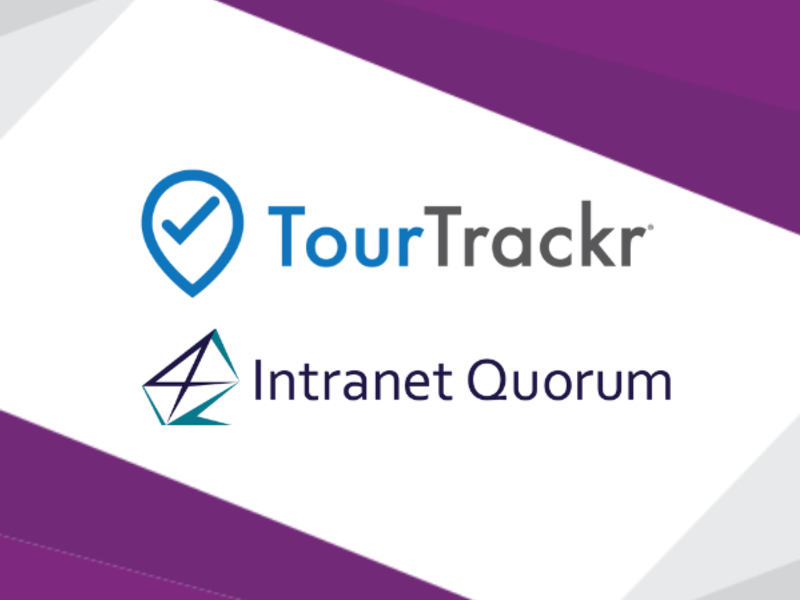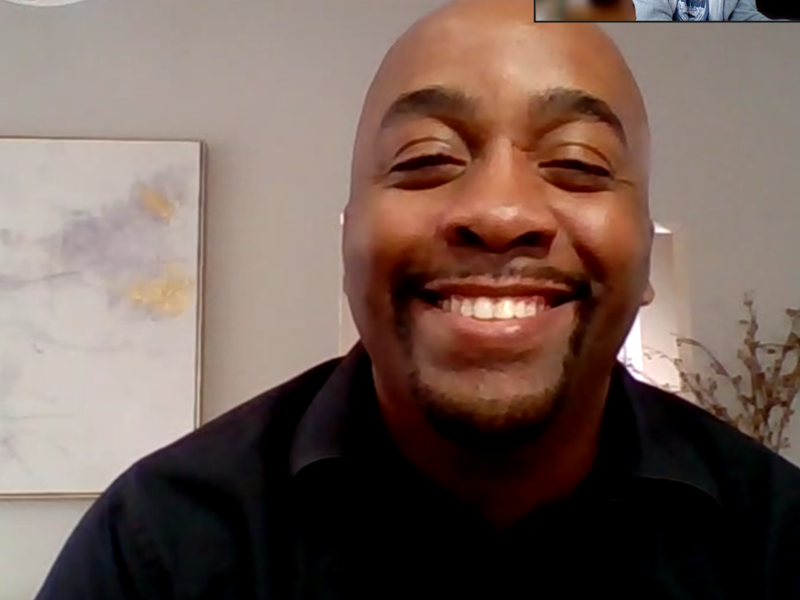Jacqueline Van Dao:
IQ is designed to optimize constituent/citizen management so that offices can focus on what matters most: engaging and serving their constituents/citizens. Our IQ team strives to provide offices with the necessary management tools for success. What you may not know is that our customers play a key role on our team when it comes to implementing new IQ features and enhancements. It all starts with a Task Request.
What is a Task Request?
The foundation for all changes made to IQ is the Task Request. A Task Request, or TR, is a submission for suggested features or enhancements to be made within the current (or future) version of IQ. From day one of using IQ, we encourage our customers to communicate with their IQ Consultant about their IQ experience, especially when it comes to how IQ can make their lives easier when managing high volumes of constituent/citizen information. We take our customer feedback seriously, so when a customer TR is submitted we make sure the right people on our team are notified. Enter the Quality Assurance (QA) team.
Review Process
Our QA team ensures IQ has the most helpful and valuable features and enhancements to support office needs and processes. Each month, the QA team, along with other key IQ stakeholders, review the current list of TRs and decide which TRs will prove most beneficial across our multiple customer markets, including U.S. Congress and Federal, State, and Local government agencies. Our QA team remains in contact with the person who submitted the TR to verify the intent and functionality of their request is accurate and our solution is on target. The selected TRs are then directed to our Development team for coding and testing.
Development & Testing
The Development stage of the TR life cycle is where the magic happens. Our talented team of Developers are assigned a TR and the Developer creates a detailed test plan for how to efficiently test the new feature or enhancement. Once the coding is completed, the QA team carries out the test plan, recording how well the TR performs. The QA team’s feedback is relayed back to the Developer, who will adjust the new feature accordingly.
When the TR has passed all tests, it’s moved to be categorized under the appropriate IQ Module (i.e. Contacts, Messages, etc.) for easy identification. After final review by key IQ stakeholders, all approved TRs are routed to Documentation where our Knowledge Management team updates all necessary IQ Help resources and moves the TRs to the final stage: Training!
Knowledge Transfer
This final stage is the culmination of our customers’ ideas coming to life and improving the IQ experience. Working with internal and external stakeholders, our Knowledge Management Team provides a host of resources, like virtual training sessions for congressional offices and a library of Quick Reference Guides and Video Learning, so that IQ users can quickly leverage the new features.
IQ wouldn’t be the leading CRM for government if it weren’t for honest feedback from our customers. Thanks to them and our iterative process, the future of IQ is looking brighter than ever.
Want to learn more about what’s been added in our latest release? Contact us to find out!
Suggested blog: Top 10 IQ features our customers love











